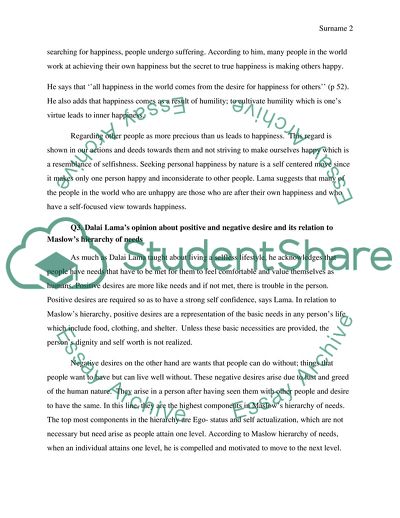Cite this document
(Dalai Lama and the Buddhism Uniqueness Assignment, n.d.)
Dalai Lama and the Buddhism Uniqueness Assignment. https://studentshare.org/philosophy/1772866-dalai-lama
Dalai Lama and the Buddhism Uniqueness Assignment. https://studentshare.org/philosophy/1772866-dalai-lama
(Dalai Lama and the Buddhism Uniqueness Assignment)
Dalai Lama and the Buddhism Uniqueness Assignment. https://studentshare.org/philosophy/1772866-dalai-lama.
Dalai Lama and the Buddhism Uniqueness Assignment. https://studentshare.org/philosophy/1772866-dalai-lama.
“Dalai Lama and the Buddhism Uniqueness Assignment”. https://studentshare.org/philosophy/1772866-dalai-lama.


